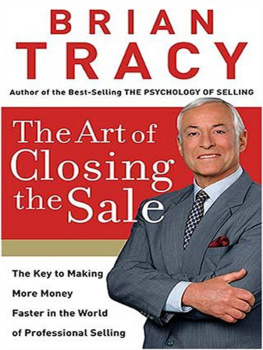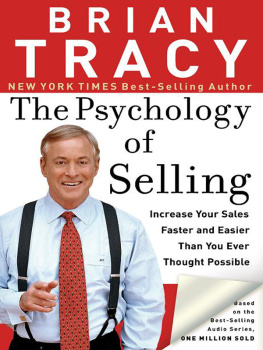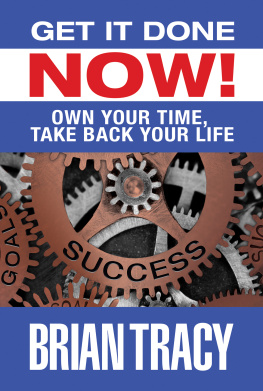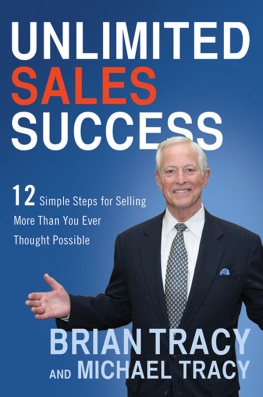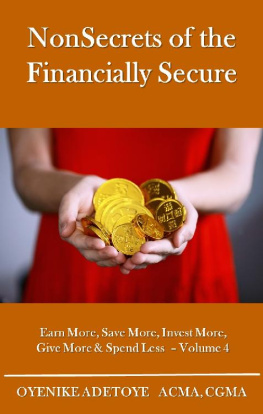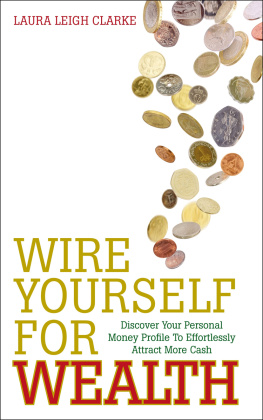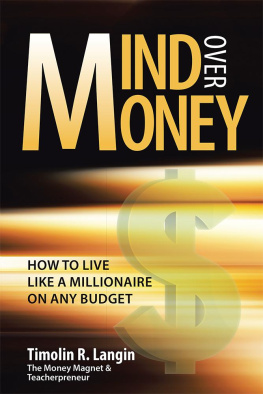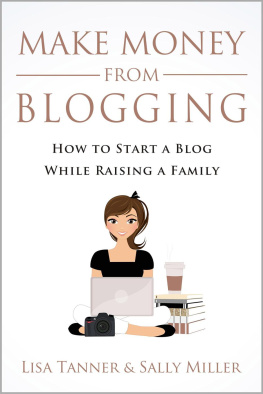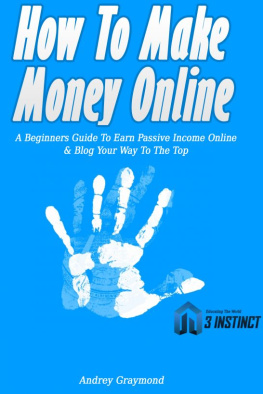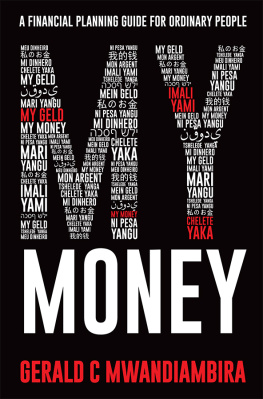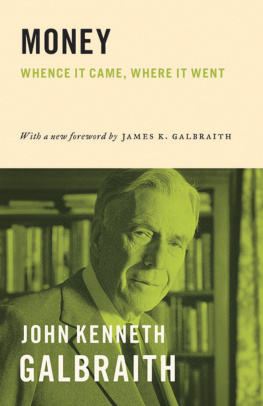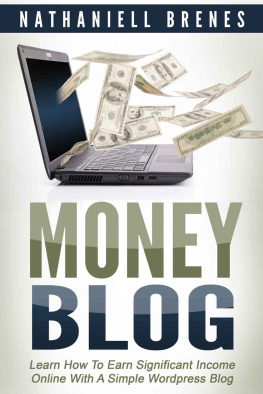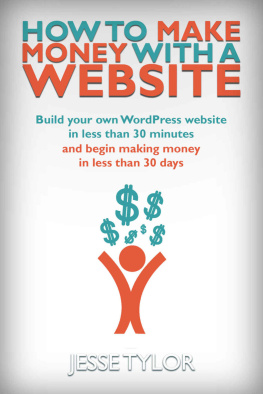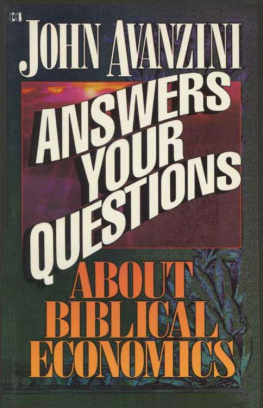In any scientific discipline, we need to define terms in order to be certain that we agree about the topic we are studying and about the ground rules for testing any theory about it. In this session, Brian will help to define the terms surrounding money. Some of his responses may surprise you.
Dan
Brian, lets begin by describing what we mean by the Science of Money and how money has been studied. Lets see how this study has produced many solid and reliable laws about how money can be earned or created, and how this flies in the face of many of the mystical and/or speculative theories out there.
Brian
If you want to get right down to the nitty-gritty, you start with the first law, which is called the law of exchange. It says that money is the medium through which people exchange their goods and services. They exchange their labor in the production of goods and services for the goods and services of others. Money is a medium of exchange for labor.
Before there was money, there was barter. This goes right back to 100,000 years ago, where someone would make a flint spearhead or a pot and exchange it for a carpet or a skin. In barter, people exchanged goods and services directly for goods and services without the medium of money. Then civilization grew, and barter became too clumsy. People found that they could exchange their goods and services for a medium like gold, silver, coins, seashells, wampum in early Americasomething that was scarce and valuable. People would have a coin or something of value, which they could then exchange for a chicken or a goat or something else. It makes the whole process more efficient.
That was the beginning of money, and it still defines what money is today, even though many people are very confused about it. It makes the whole process of exchange more efficient. Today we go to work and we exchange our work for money, which we then use to purchase the products of the work of other people. Basically money is the medium through which we exchange our work for the work of others.
The first corollary of this law of exchange is that money is a measure of the value that people place on goods and services. Its only what a person will pay that determines the value of something. Things do not have value in and of themselves; the value of a thing is only what somebody is willing to pay for it.
You cant say that your product or service is worth a given amount unless somebody else validates it by actually offering you that amount of money. Goods and services have no value apart from what someone is willing to pay for them. All value is therefore subjective. This is the basis of thought for the Austrian school, which is the best and most insightful school of economics in human history. Its based on the thoughts, feelings, attitudes, and opinions of the prospective purchaser at the moment of the buying decision.
The second corollary of this law of exchange says that your labor is viewed as a factor of production, that is, as a cost, by others. This demolishes almost all of the economic arguments about whether people should be paid $15 an hour or something else. One name for human beings is homo economicus. This means that we always act economically: we always try to get the very most for the very least. This is genetic; its built into our DNA. It has never been otherwise in all of human history. We never will pay more if we can possibly pay less.
Each of us has a tendency to look upon the sweat of our brow as something special, because its so intensely personal. It comes from us. Its an expression of who we are as persons. Its very emotional, as a matter of fact, because its our life. But as far as others are concerned, our labor is just a cost. As intelligent consumers or as employers or customers, we want the very most for the very least, no matter whose labor is involved. This is why people manufacture in China or Taiwan or Vietnam or Indonesia: because the customer in America does not care where the product comes from. The customer simply cares about getting the very lowest price.
People talk about offshoring and sending jobs overseas and so on. Its not the companies; its the customers that are demanding that they send these jobs there, because the products and services can be produced at a lower cost. Almost all of Apples products are made in China. Why? Its because the cost to manufacture them in a more developed country is three or four times the amount it costs in China, so the customers in developed countries will not pay that amount. They demandindirectlythat companies offshore these jobs so that they can have the very most for the very least.
For this reason, you cant place an objective value on your own labor, protesting and demanding increases and so on. Its only what other people are willing to pay for your labor in a competitive market that determines what you earn and what you are worth on financial terms. Well talk later about the 99% versus the 1% and so on.
The third corollary of this law says the amount of money you earn is a measure of the value that others place on your contribution. In other words, its the customers in the marketplace who determine what were worth. Its the customers of the companies that we work for who determine what they will pay for the products and services we contribute to the production. That is what determines how much we will be paid. Theres no objective amount that we can be paid. How much you are paid will be in direct proportion to the quantity and quality of your contribution in comparison with the contributions of others, combined with the value that other people place on your contributions.
One thing I used to say is that you are competing every single day with every other person in your company. People would get really huffy about that; theyd say, We dont compete, we all work together as team members. The fact is that the person who determines your paycheck determines how much you will be paid in comparison with how much other people are paid. Thats why most companies have a rule that youre not allowed to discuss your pay with other people, because your pay is determined by what the company thinks you are worth relative to everyone else working around you.
The fourth corollary of the law of exchange is that money is an effect, not a cause. Your work or contribution to the value of a product or service is the cause, and the wage, salary, or earnings that you receive are the effect. If you wish to increase the effect, you have to increase the cause. Just as author Earl Nightingale said years ago, the law of cause and effect is the foundational law of all of human life, all of science, all technology, all mathematics, all money.
The fifth corollary of the law of exchange is that to increase the amount of money you are getting out, you must increase the value of the work that you are putting in. This is a phenomenal thing. People think that they can get more out without putting more in. They think this all over the world. You say, Well, wheres the money going to come from? Their answer is, Somewhere. If you press them on that, they say, Well, the money should come from other people who are creating more value, who therefore are earning more. Then they should give it to meeven though, according to the market, Im creating less valueso that I dont feel bad. This kind of subjective attitudethat Im entitled to more moneyis absolute nonsense. Thats why it leads to riots and strikes and everything else.
We say to earn more money, you must add more value. If you look at business, the secret to wealth creation, which well talk about later, is to add value. Sometimes I ask people how many of them work on straight commission. Ill ask 1000 people, and about 10% or 15% of people will raise their hands. The truth of the matter is,


